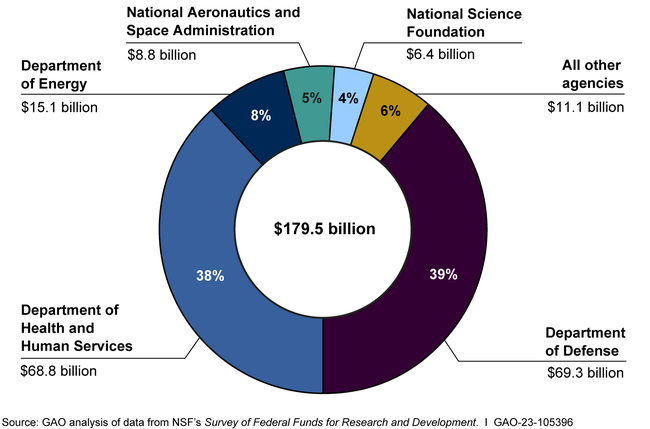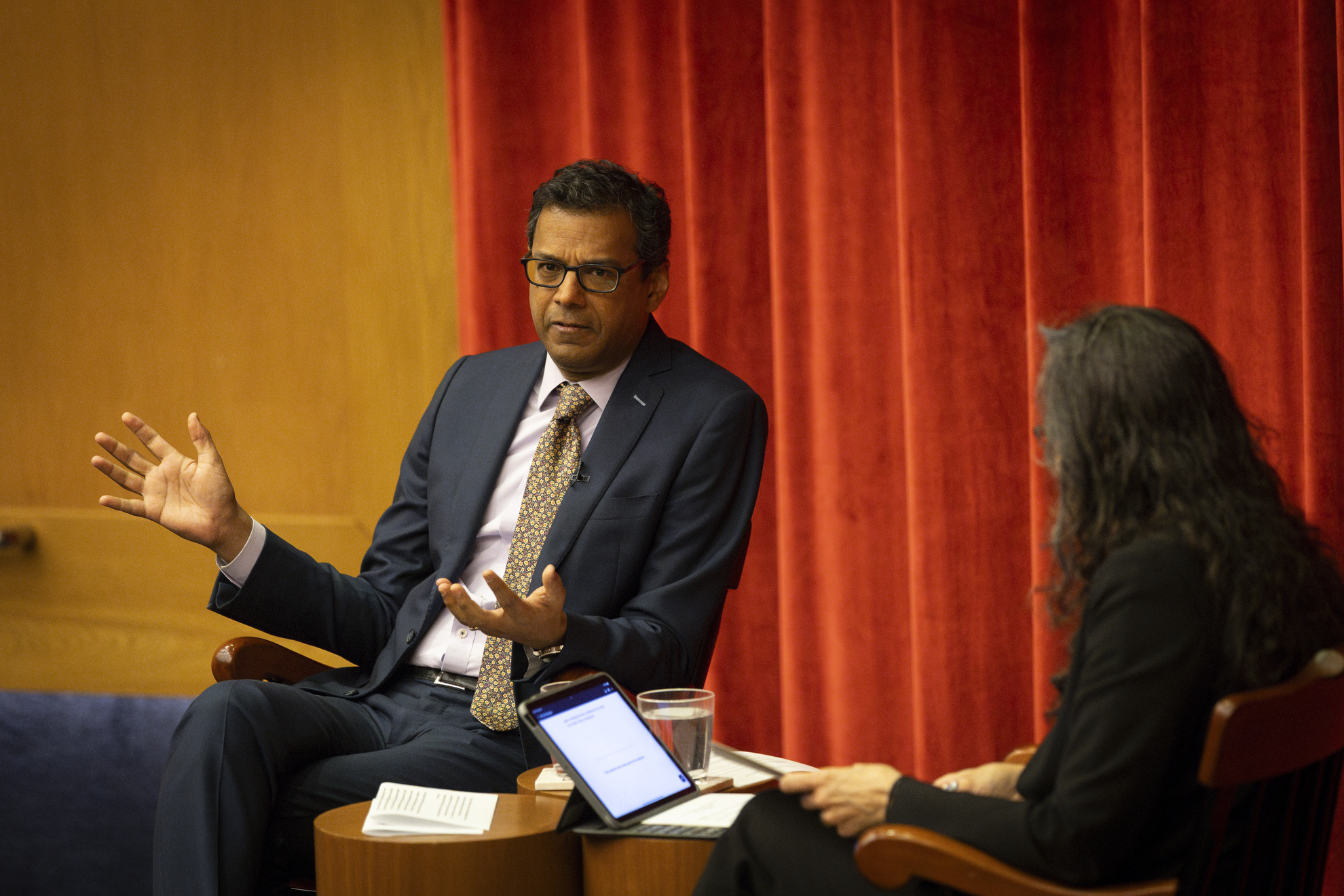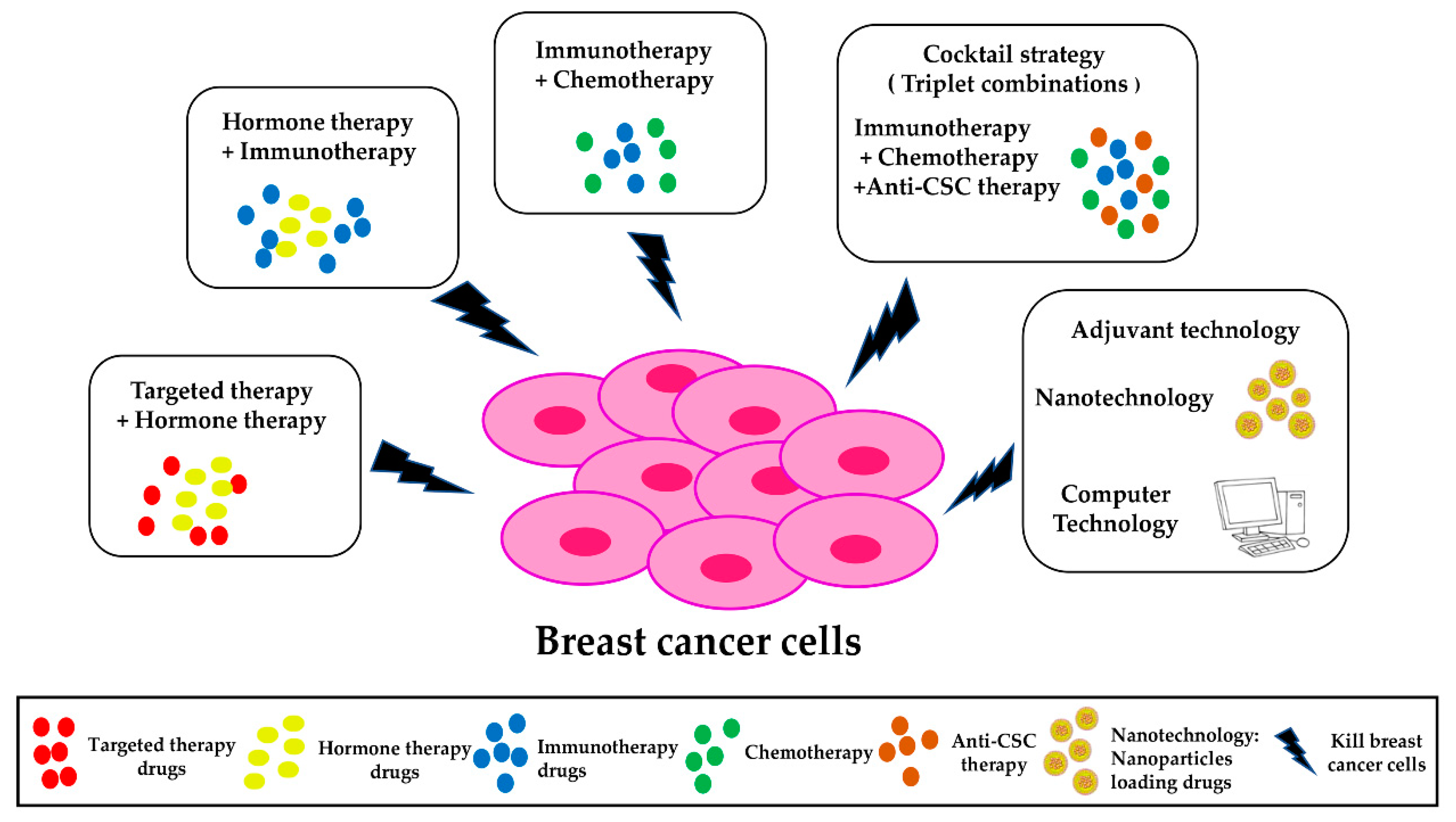Funding cuts in medical research have become a pressing concern, especially in light of recent federal decisions that jeopardize critical oversight systems for patient safety. The freeze of over $2 billion in federal research grants has significantly disrupted numerous ongoing studies, hampering efforts to protect the rights and welfare of participants. With institutions like Harvard facing a stop-work order on pivotal contracts such as SMART IRB, the impact of funding cuts reverberates beyond academic walls, threatening the integrity of research nationwide. These cuts not only stall innovative advancements fueled by NIH research funding but also raise ethical questions about how best to safeguard human subjects in such studies. As the landscape of medical research alters under financial strain, the community must grapple with maintaining oversight and ensuring patient safety amidst uncertainty.
The recent turmoil in the funding landscape for medical investigations illustrates a broader crisis facing healthcare research and ethics. With drastic reductions in financial support, oversight initiatives vital for patient protection are at risk, leading to concerns about the reliability of research outputs. This situation strains institutions responsible for examining and approving research methodologies, particularly in light of the evolving shared responsibilities among various partnering hospitals and universities. The ramifications of reduced investment in scientific inquiry extend far beyond academic circles, affecting patient safety and public trust in medical trials. As funding pathways dwindle, the need for robust oversight mechanisms that facilitate transparent and ethical research becomes more critical than ever.
The Consequences of Funding Cuts in Medical Research
Funding cuts in medical research can have far-reaching consequences on both ongoing studies and the overall landscape of scientific inquiry. When significant financial resources, such as nearly $2 billion in federal research grants, are withheld, institutions like Harvard face immediate disruptions that ripple through various departments and studies. This halt impacts not only the ability to initiate new trials but also places existing patient studies in jeopardy, where further complications can arise, and essential data may not be collected. The implications extend beyond the walls of academic institutions, affecting the broader healthcare community and the patients relying on advancements from research initiatives.
Moreover, the impact of funding cuts goes beyond research productivity; it jeopardizes patient safety and informed consent protocols. For instance, the SMART IRB program, designed to streamline oversight across multiple research sites, faces delays that could hinder participant recruitment and the timely provision of care. As research gets stalled, the momentum in addressing critical health issues like Alzheimer’s and other chronic conditions diminishes, leaving a gap in potential breakthroughs. This jeopardizes not just research integrity but also the public’s trust in medical research, essential for patient participation.
The Role of Institutional Review Boards (IRBs)
Institutional Review Boards (IRBs) are at the forefront of protecting human subjects in medical research. They meticulously review study protocols to ensure participant safety, assessing the risk-benefit ratio of proposed trials. Through their oversight, IRBs play a pivotal role in safeguarding ethical standards and ensuring compliance with state and federal regulations. Without adequate funding, these boards may struggle to operate effectively, leading to reduced capacity for comprehensive reviews. This can result in rushed decisions, potentially compromising patient welfare and the integrity of research outcomes.
Furthermore, the evolving environment of medical research requires IRBs to adapt continually to new challenges and regulatory changes. Funding cuts can limit the training and resources necessary for IRB members to stay informed about best practices and legal obligations. This lack of oversight could lead to significant ethical breaches, as seen in historical cases of medical malfeasance. To preserve the welfare of research participants, it is critical that IRBs receive ample support for their operations, allowing them to fulfill their vital roles in both the research community and the larger healthcare framework.
Impact on Patient Safety and Rights in Research
Patient safety is paramount in medical research, and funding cuts pose a direct threat to the efficacy of oversight mechanisms designed to protect individuals involved in studies. Compliance with ethical standards requires continuous monitoring and the implementation of safeguards, which hinge on sufficient financial support. When research funding is cut, resources allocated to patient safety measures, including extensive informed consent processes and risk assessments, diminish. This ultimately undermines the rights of participants who must be assured that their well-being is prioritized above all else.
Additionally, the relationship between researchers and participants must be built on trust, which can be severely tested by the stigma of funding cuts and halted studies. As concerns arise around the ability to deliver on safety protocols and ethical considerations, public skepticism grows. This erosion of confidence can discourage individuals from participating in future research, creating a detrimental cycle where essential studies cannot thrive. A commitment to patient safety in research funding remains an imperative to foster trust and encourage wider participation in clinical trials.
Strengthening Research Oversight Systems
Robust research oversight systems, such as the SMART IRB, are essential to ensuring that studies are conducted ethically and that participants are protected throughout the research process. These systems facilitate collaboration among institutions, minimizing delays and enhancing the overall efficiency of research. When funding cuts occur, it can jeopardize these infrastructures, leading to systemic vulnerabilities. For example, with the halt of federal funding, many institutions may find it difficult to maintain the breadth of collaborative oversight necessary for running effective multisite studies.
Furthermore, maintaining oversight systems requires ongoing training and resources for IRB members, which can be significantly impacted by funding cuts. By ensuring adequate funding, institutions can support IRB training sessions that focus on the latest regulatory developments and ethical considerations. This is crucial for fostering a culture of safety and accountability in research. As the landscape of medical research evolves, it is imperative to enhance oversight systems that adapt, ensuring protections remain robust and effective for all participants.
The Long-Term Effects of Disrupted Medical Research
Disruptions in medical research due to funding cuts extend beyond the immediate halting of studies; they create long-term ramifications for scientific advancement and public health. The inability to carry out and complete critical research can delay breakthroughs in treatments and therapies that millions of patients may depend upon. As studies remain in limbo, the trajectory of scientific discovery falters, which can mean unaddressed health crises and stalled innovations in fields of special importance such as cancer treatment, neurological disorders, and infectious diseases.
Moreover, the artists of medical research, the researchers and clinical trialists, face professional uncertainty amid budget constraints and layoffs stemming from funding decreases. This environment can dissuade talented individuals from entering the field, thus shrinking the pool of expertise needed to drive innovation forward. The cumulative effects of these funding cuts could not only slow down scientific progress but also jeopardize future generations’ ability to address emerging health challenges effectively. A sustained investment in medical research is critical to ensure that the cycle of advancement remains unbroken.
Enhancing NIH Research Funding and Support
The National Institutes of Health (NIH) plays a pivotal role in advancing medical research through its funding provisions. Support from NIH enables the development of new therapies, the exploration of disease mechanisms, and the overall enhancement of patient care. However, the recent trend of funding cuts threatens the stability of NIH funding, which can have dire consequences for researchers relying on these grants to fuel their projects. Ensuring adequate investment in NIH funding is crucial to maintaining a healthy research ecosystem that benefits patients and public health alike.
In addition, the selection process for NIH funding must not only prioritize groundbreaking research but also enhance structures that protect patient safety during trials. If the funding landscape shifts to favor riskier ventures disregarding oversight, there could be harmful repercussions for participants. A well-balanced NIH funding strategy should focus on both innovation and ethical research practices, ensuring a holistic approach to advancing medical science in ways that prioritize patient health and safety.
The Ripple Effects of Research Funding on Healthcare
Research funding significantly influences the quality of healthcare delivery and the advancement of medical practices. Effective research, fueled by continuous financial backing, leads to the development of new medical protocols, treatment guidelines, and comprehensive healthcare strategies aimed at improving patient outcomes. Unfortunately, cuts to funding streamline a pathway to stagnation and diminish the resource availability for healthcare professionals. Such a halt in research progress can consequently affect clinical practices, limiting access to evidence-based medicine.
Additionally, reduced funding for medical research impacts the training and education of future healthcare providers. Institutions that face financial difficulties may reduce offerings in specialized training programs that integrate the latest research findings and methodologies. This constriction of educational resources not only limits the development of upcoming researchers but also hampers the capability of current healthcare providers to deliver the best care possible, ultimately endangering patient safety and well-being. It is vital that stakeholders advocate for sustained funding to promote a robust healthcare system that thrives on continual research advancements.
Addressing Ethical Challenges in Medical Research
Ethical challenges in medical research are paramount concerns that necessitate robust oversight and diligent attention, especially in light of funding cuts that threaten vital support structures. In a climate where funding is precarious, there’s a risk of compromising the ethical standards that underpin clinical trials and research initiatives. Upholding the integrity of informed consent, conducting thorough risk assessments, and prioritizing the welfare of participants are all jeopardized when financial constraints limit operational capacity. Addressing these ethical challenges requires a recommitment to the integrity of research practices, ensuring that funding is readily available to support these critical components.
In addition, historical lessons from past medical research atrocities underscore the need for vigilant ethical oversight. The regrettable legacy of unethical experiments—such as the Tuskegee syphilis study—illustrates the dire consequences of neglecting ethics in research. Funding that supports the education and training of researchers in ethical conduct is essential to prevent any recurrence of past mistakes. In this regard, continuously reassuring the public regarding the ethical considerations and protections in place for research participants is vital for maintaining trust in the research process.
Future Directions in Medical Research Funding
Looking towards the future of medical research funding, it is essential to recognize the critical need for adaptable funding structures that align with the evolving scientific landscape. As new challenges arise in public health, including emerging diseases and complex chronic conditions, funding models must accommodate flexibility to support diverse research initiatives. Collaborations across public and private sectors may offer innovative solutions to bolster funding streams, ensuring that researchers are equipped to address pressing health issues effectively.
Furthermore, advocacy for expanded funding at federal levels, such as increasing NIH budgets, can reinvigorate the investments necessary to support ground-breaking research. Increased funding can enhance established programs like the SMART IRB, facilitating collaborative research while maintaining oversight and ethical standards. Strategic investments in medical research are key to ensuring that scientific innovation and patient safety remain at the forefront of healthcare advancements.
Frequently Asked Questions
What are the implications of funding cuts in medical research on patient safety?
Funding cuts in medical research significantly jeopardize patient safety. Reduced financial resources hinder the ability of Institutional Review Boards (IRBs) to perform adequate oversight, increasing risks associated with clinical trials. Inadequate funding can delay safety reviews and diminish the capacity to monitor studies effectively, potentially exposing participants to unforeseen harm.
How do funding cuts affect NIH research funding and its relationship to medical research oversight?
NIH research funding is crucial for medical research oversight, which ensures the safety and rights of participants. Funding cuts can disrupt the operations of IRBs and limit the review capacity for clinical trials, hampering the dedication to oversight mandated by federal regulations. This ultimately compromises the ethical conduct of research and the protection of study participants.
What role does SMART IRB funding play in mitigating the effects of funding cuts in medical research?
SMART IRB funding provides support for the centralized review of multi-site clinical studies, streamlining the oversight process and enhancing patient safety. Cuts to SMART IRB funding disrupt this essential service, causing delays in approvals for new research sites and limiting collaboration that is vital for advancing medical studies. These funding cuts hinder the effective functioning of IRBs and threaten the safety of research participants.
How do research institutions manage during cuts in funding for medical research?
During funding cuts, research institutions often struggle to maintain compliance with regulatory oversight, essential for ensuring participant safety. They may rely on internal resources or partnerships to continue operations, but these methods can lead to inefficiencies and compromised research quality. Strong funding is necessary for sustaining the infrastructure that supports ethical research practice and participant protection.
What historical events highlight the importance of funding in ensuring patient safety in research?
Historical events like the Tuskegee syphilis study emphasize the critical role funding plays in maintaining ethical oversight in medical research. These events have shaped current regulations that require robust IRB involvement, funded through federal grants. Without sufficient funding, the lessons learned from these past errors risk being forgotten, leading to a potential repeat of unethical practices.
Why is it essential to have dedicated funding for the oversight of medical research?
Dedicated funding for the oversight of medical research is essential to ensure that ethical standards are met and participant welfare is prioritized. Sufficient funding allows IRBs to effectively review studies, ensure informed consent, and monitor potential risks. Without adequate financial support, the ability to maintain rigorous oversight falters, which directly impacts patient safety and trust in the research process.
| Key Point | Details |
|---|---|
| Impact of Funding Cuts | The Trump administration’s freeze of over $2 billion in federal research grants to Harvard disrupted crucial oversight of medical research, particularly affecting patient safety. |
| Role of SMART IRB | SMART IRB streamlines oversight for multi-site medical research, ensuring participant rights and safety, but is hindered by funding cuts. |
| Function of IRBs | IRBs protect participants by reviewing research proposals, assessing risks, and ensuring ethical standards are maintained. |
| Historical Context | The establishment of IRBs is rooted in historical abuses in medical research, underscoring the need for stringent oversight today. |
| Consequences of Halting Research | Funding cuts result in halted studies, jeopardizing patient safety, increasing public distrust, and stalling scientific progress. |
Summary
Funding Cuts in Medical Research have serious ramifications for patient safety and research integrity. The recent freeze on over $2 billion in federal grants has significantly hindered oversight efforts, affecting various studies and risking the safety of participants. These cuts not only disrupt ongoing research but also exacerbate public skepticism towards medical trials and their management. As we navigate these challenges, it is essential to advocate for sustained funding in medical research to uphold the rights and welfare of all participants.




